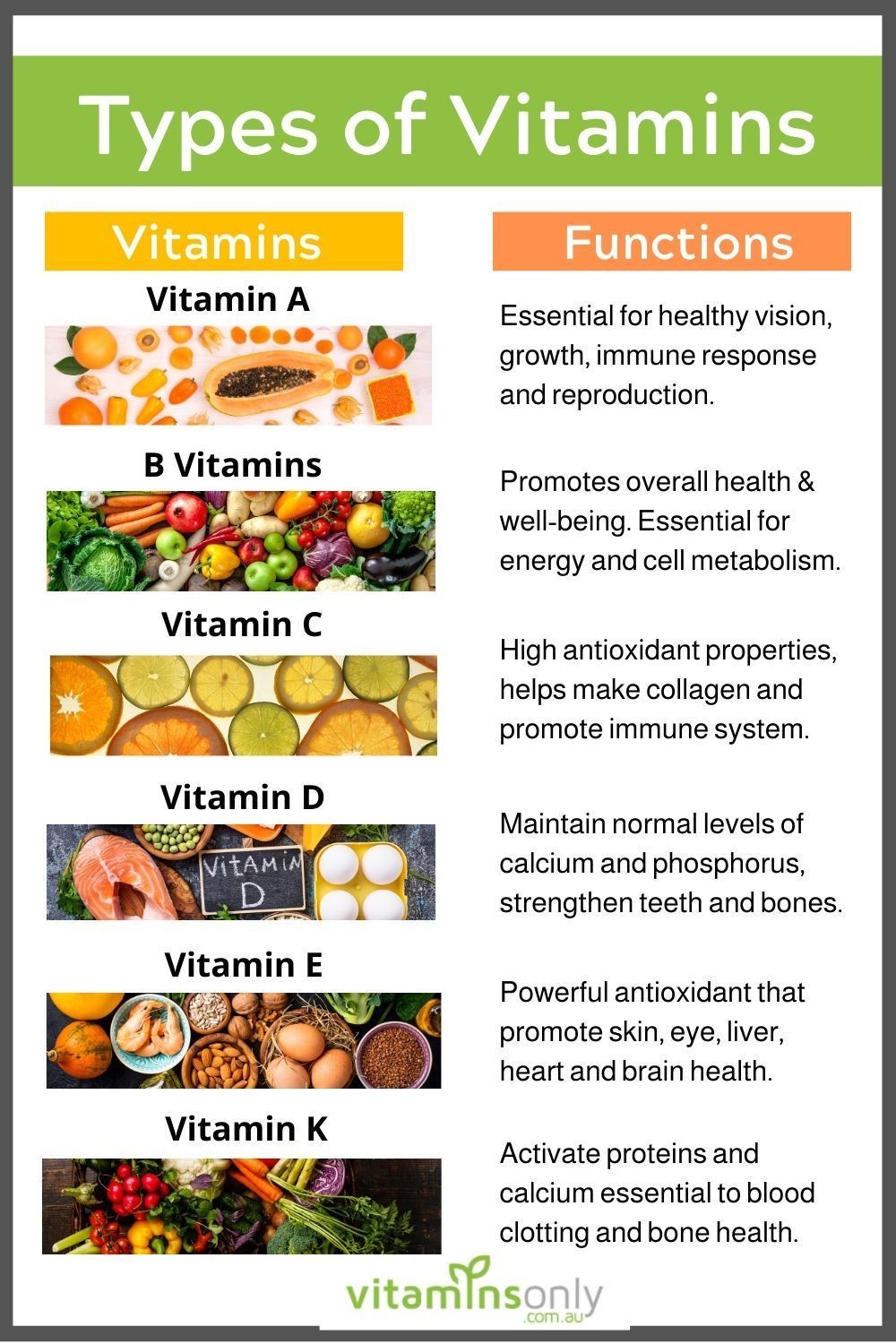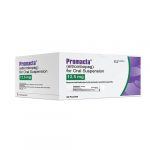
Natural Vitamins vs. Synthetic: Which are Better?
Natural vitamins are obtained from food, while synthetic vitamins are made artificially. Both types have health benefits, but research suggests that natural vitamins are superior to synthetic ones.
There are two types of supplements: natural and synthetic. Natural vitamins come from fruits, vegetables, and other natural food sources. These vitamins are found in complex forms along with cofactors like antioxidants. Your body easily recognizes and absorbs these nutrients. Natural vitamins are small and lack a crystalline structure, making them highly bioavailable.
Examples of natural vitamins include fruits and vegetables, beans and legumes, nuts and seeds, whole grains, and animal food sources.
Synthetic vitamins, on the other hand, are made in a laboratory from coal tar and lack natural ingredients. These crystalline molecules are slightly larger than natural vitamins. They are available in various forms such as capsules, pills, tablets, powders, and liquids. Synthetic vitamins are cheaper to produce and purer than their natural counterparts.
Examples of synthetic vitamins include synthetic retinoids for vitamin A, different synthetic forms for various B vitamins, synthetic ascorbic acid for vitamin C, synthetic vitamin D3 for vitamin D, synthetic all-rac tocopherol for vitamin E, synthetic biotin for vitamin H, and dihydro-vitamin K processed during oil hydrogenation for vitamin K.
So, which ones are better?
Both natural and synthetic vitamins have health benefits, but studies indicate that natural vitamins offer several advantages. Natural vitamins are more readily absorbed and utilized by the body compared to synthetic ones. They are also associated with fewer adverse effects.
For instance, supplementing with high doses of synthetic vitamin A can lead to developmental problems and liver damage, while obtaining natural vitamin A from food is beneficial. Similarly, natural vitamin B2 and complex vitamin B12 are better absorbed and retained in the body than their synthetic counterparts, which can potentially lead to deficiencies. Natural vitamin C, bound to bioflavonoids, has superior absorption and activity compared to synthetic ascorbic acid. Natural vitamin E is absorbed and stored better than synthetic vitamin E and has a lower risk of tumor formation.
However, synthetic vitamins can still be beneficial, especially for individuals with nutrient deficiencies. Older individuals, who may have lower food intake, can benefit from synthetic vitamin D or B12 supplements. Vegans or vegetarians might need synthetic vitamin B12 to address potential deficiencies. Pregnant and breastfeeding women may also require regulated amounts of synthetic folate, vitamin D, and vitamin A supplements for proper fetal development.
What are the risks of synthetic vitamins?
It is important to avoid exceeding the recommended daily dose of specific nutrients when taking synthetic vitamin supplements. Water-soluble vitamins like vitamin C and B vitamins are excreted through urine if consumed in excess. However, fat-soluble vitamins like vitamins A, D, E, and K can accumulate in the body, leading to hypervitaminosis or vitamin toxicity. Synthetic multivitamins have also been associated with an increased risk of cancer.
To minimize these risks, it is advisable to focus on obtaining natural vitamins from sources like fruits, vegetables, nuts, seeds, and whole grains. If necessary, consult with a healthcare professional to determine if you need additional supplements. Always follow the recommended dosage mentioned on the product packaging for safety.


